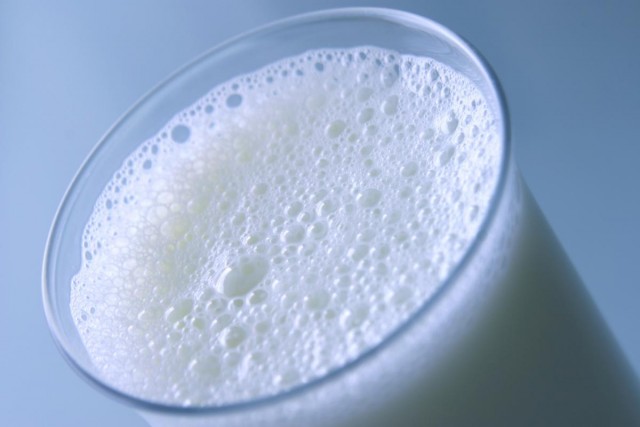In case you’ve never heard of it, carrageenan is a food-processing additive that is exclusively used for binding, emulsifying, and creating texture, especially when used as a fat substitute. It is initially extracted from red seaweed as something without any nutritional or taste value.
Degraded carrageenan, when it is processed with acid solutions, is so unsafe that its use is prohibited in processed foods intended for humans and animals. In addition, it is so predictably inflammatory that it is actually used to create such conditions in lab animals, in pursuit of pharmaceutical research.
Undegraded carrageenan, which is obtained via red seaweed using an alkaline process, is considered safe enough to be used in foods. Though the FDA regards food-grade carrageenan as safe for human consumption, a number of scientific studies have been done on animals, and there have been chemical analyses and epidemiological studies as well since the 1970s creating at least some question regarding its safety.
That said, there are six good reasons to avoid carrageenan:
- Though degraded carrageenan outside of intentionally creating inflammation in lab animals was banned, a study of a dozen food-grade carrageenan substances found that they all had traces of degraded carrageenan ranging from 5 to 25 percent.
- In his book “Health and Nutrition Secrets That Can Save Your Life,” Dr. Russell Blaylock discusses animal studies that came to the conclusion carrageenan is actually a promoter of tumor growth. He also notes that carrageenan can harbor MSG.
- Anecdotal reports as well as bona fide scientific research into GI issues including colitis, irritable bowel syndrome, and other ailments show that even food-grade carrageenan is a GI inflammatory agent.
- Dr. Joanne Tobacman, MD, Assistant Professor of Clinical Internal Medicine at the University of Iowa, researched carrageenan for ten years. She determined that carrageenan accumulation in the GI creates holes in the gastrointestinal tract, allowing undigested food particles to enter the blood system and potentially clog lymph glands, though her work has been discounted by the FDA.
- Tobacman also determined that the increased use of carrageenan correlates with the rise of breast carcinoma (cancer).
- Finally, many scientists believe that stomach acidity degrades food-grade carrageenan, while heating foods containing it creates the same process. Degraded carrageenan is a definite inflammatory agent.
Source:


